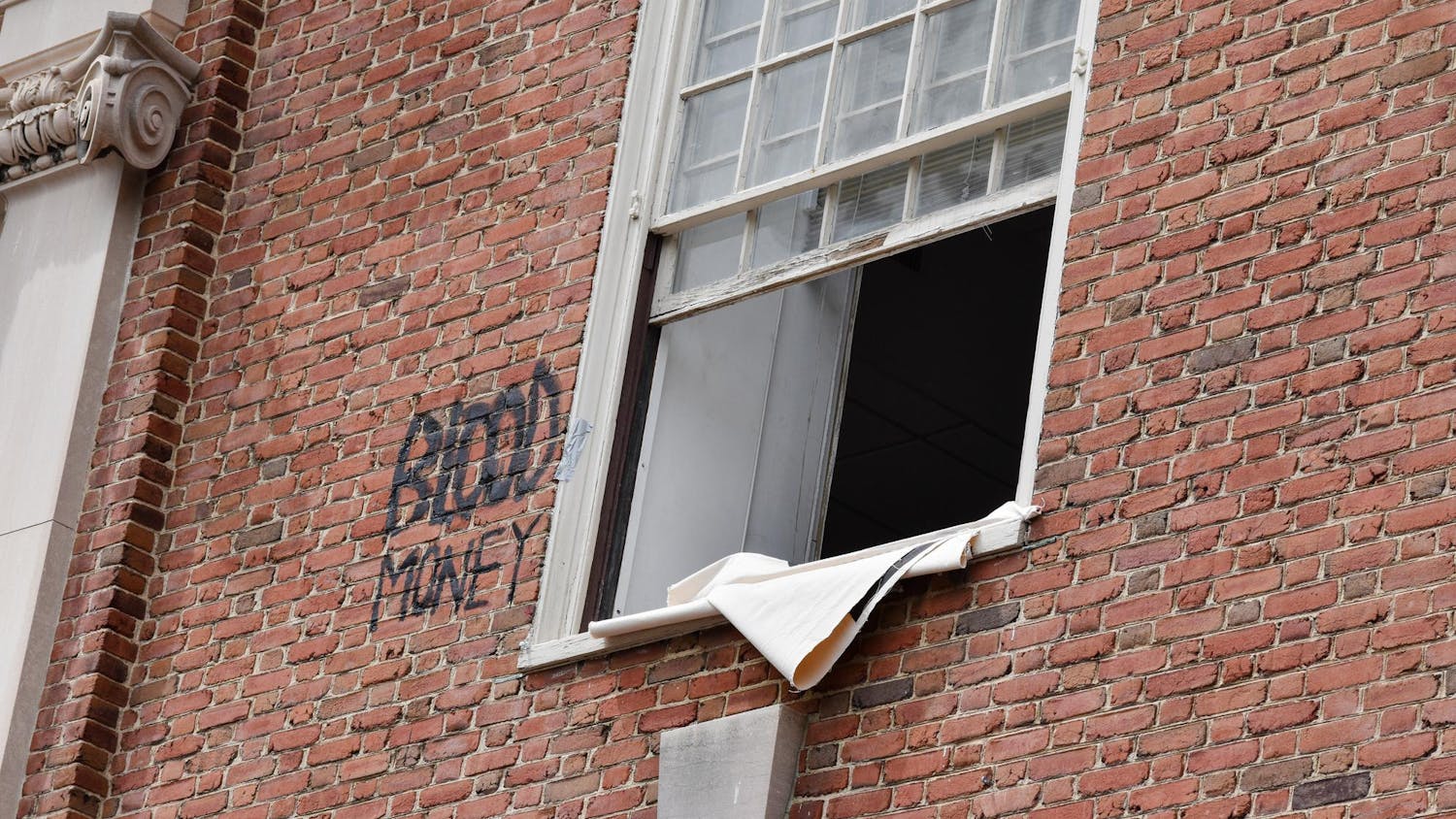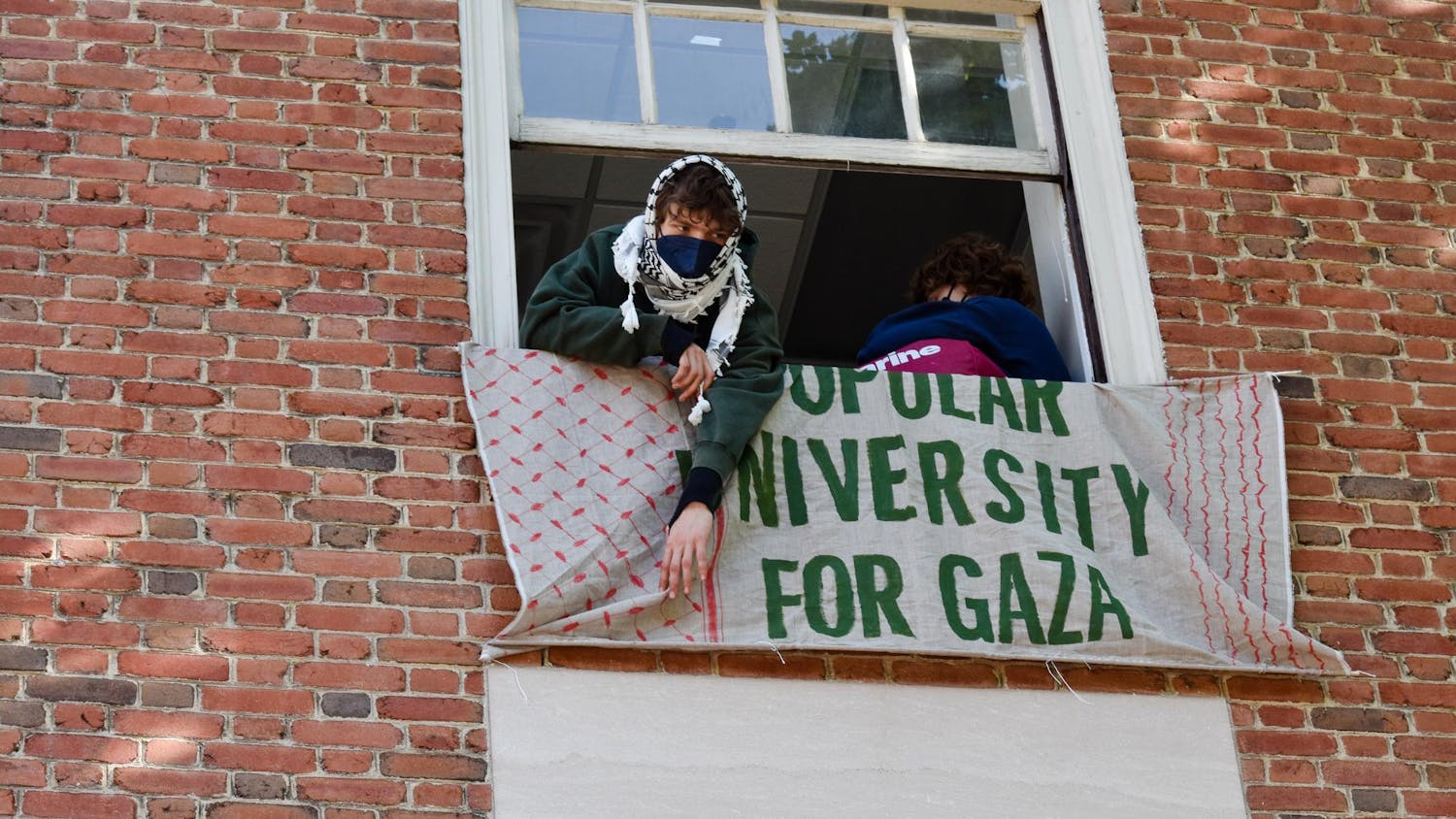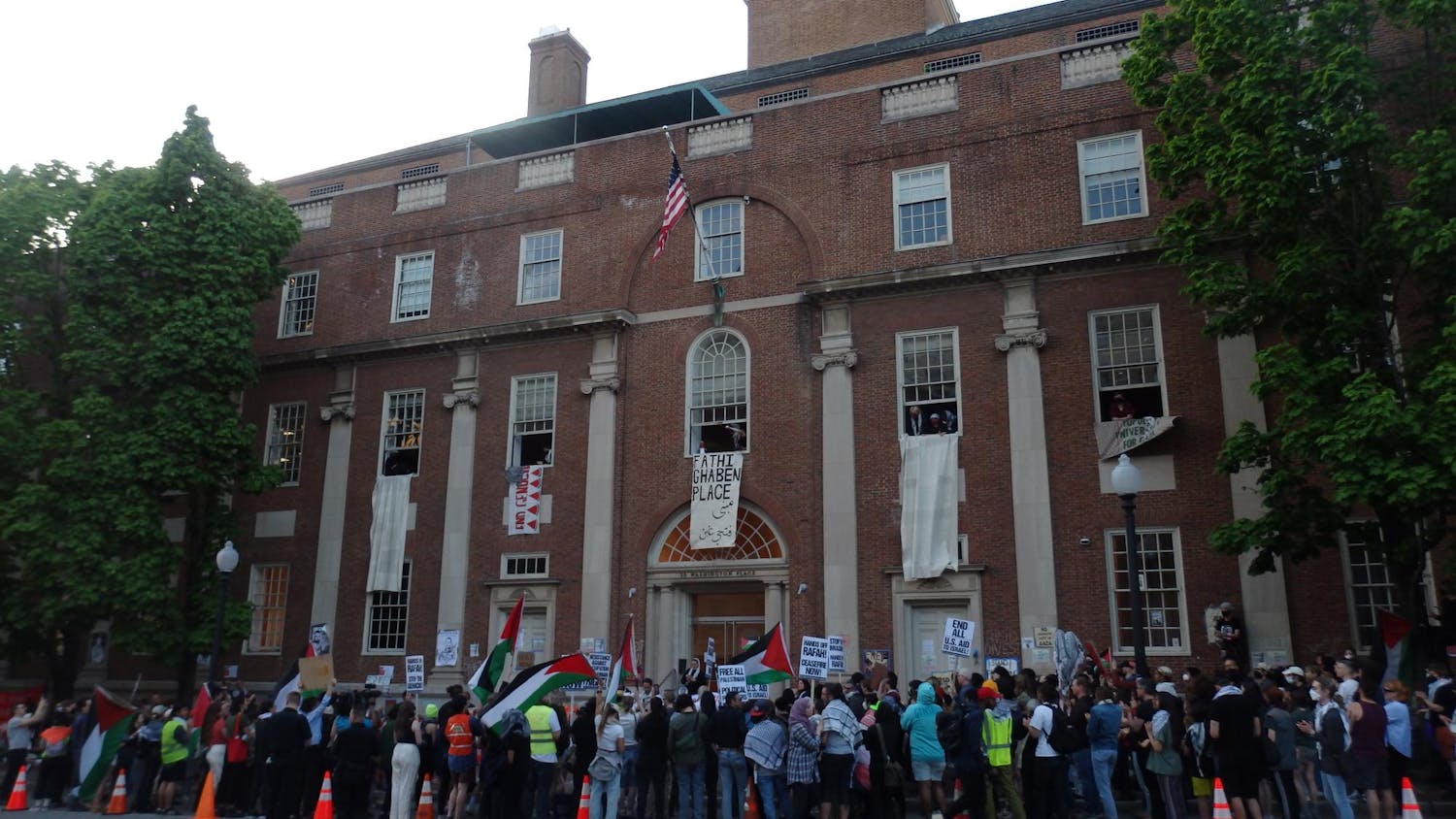An ongoing Transportation Security Administration program that uses certain behavioral indicators to select travelers for extra screening has drawn criticism from civil liberties groups.
The American Civil Liberties Union of Rhode Island sent a letter in July to Kelly Fredericks, president of the Rhode Island Airport Corporation, denouncing T.F. Green Airport’s participation in an experiment testing the expansion of the controversial TSA program.
“Behavior-based risk assessment,” which occurs at multiple airports in the United States, involves officers identifying passengers who exhibit “behavioral indicators to inform risk-based screening decisions,” according to a privacy impact assessment on the program issued by the Department of Homeland Security in June.
Possible suspect indicators include appearing stressed, fidgeting, yawning or gripping one’s bag tightly, according to a TSA document leaked in March. Points are assigned for each behavior, and if amassed, could lead to additional screening.
In a closed-door meeting, the RIAC agreed to implement a field test at T.F. Green, looking to expand this program to video instead of behavior detection officers, said Steven Brown, executive director of the RIACLU.
“The experiment is being performed by the Department of Homeland Security, and RIAC is simply a facilitator in the process,” wrote Alan Andrade, a senior vice president of RIAC in an email to The Herald, declining to comment further. The TSA is run by the Department of Homeland Security.
“We think it is not only a complete waste of taxpayer dollars but also an incredible intrusion of privacy on innocent passengers,” Brown said. “The officers are looking for a wide range of activities that encompass just about every person in the airport,” he added.
For now, T.F. Green’s participation will only include monitoring video of trained actors acting out different behavioral indicators in the airport and showing these videos to TSA “subject matter experts,” according to the privacy impact statement. Signs will notify those at the airport that filming is taking place, and no efforts will be made to track down any travelers seen on tape. The intent is to test whether the behavior detection program can identify “indicators of malicious intent” via remotely-monitored video, according to the assessment.
But Brown called T.F. Green’s participation “inappropriate” because it lends credibility to an experiment that could exacerbate problems for travelers. “This experiment’s goal is to try to make a bad program even worse,” he added.
Brown said that while he understands the importance of federal agencies aimed at protecting travelers, behavior-based programs “have been discredited by just about everyone who has looked at the program.”
In 2013, a report by the U.S. Government Accountability Office asked the TSA to limit funding for such behavior detection activities after it found no evidence to support the claim that such programs “can be used to identify persons who may pose a risk to aviation security.”
Behavior-based surveillance programs can also become a “pretext for racial profiling,” Brown said. In 2012, over 30 officials at Boston Logan Airport said the program had become a “magnet for racial profiling,” he added.
Jim Vincent, president of the Rhode Island NAACP said, “Anything that promotes racial profiling, the NAACP is against.”
Adrian Wood-Smith, associate chaplain of the University for the Muslim community, expressed concern about “parts of the security apparatus we have in America that are so vague that they can be used to justify the officer’s own biases.” Many Muslims are “detained for what seems to be no justifiable reason,” he said, adding that such programs “don’t seem to quite do much in terms of keeping America safe or preventing terrorist acts.”
After sending the letter and raising “legitimate and important issues,” the ACLU never received a response, Brown said.
From the very beginning, the program has been surrounded by secrecy, Brown said. The ACLU only found out about the program indirectly, after the TSA released the privacy impact assessment. “It demonstrates their lack of interest in having legitimate public debate about whether these kinds of surveillance should be happening,” he added.
The Department of Homeland Security declined to comment.




